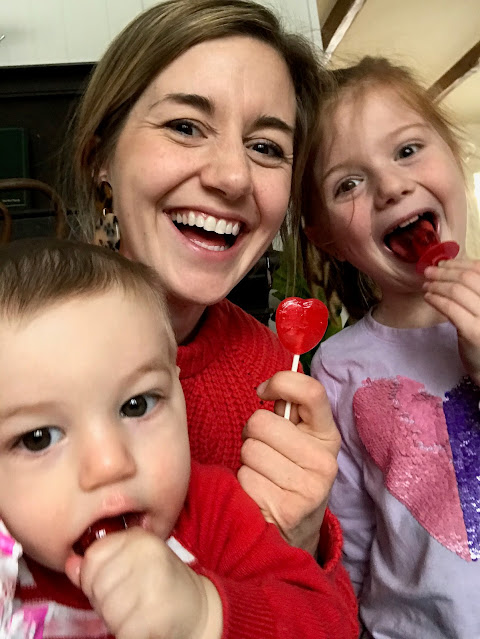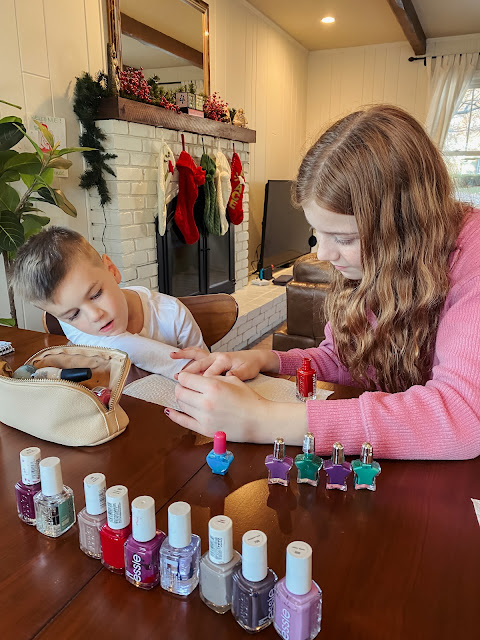My Reading Log // September + October
Lots of book thoughts from the past two months. In September, I started a new book club with women in my community, so I sometimes left the realm of reading strictly for pleasure. Stretching our spheres is
difficult but so important! I also dabbled in other books, reading excerpts but not finishing. Those are listed at the bottom of this post. Here are my thoughts on the books I spent time with in September and October:
Talking to Strangers, by Malcolm Gladwell
I can't decide if I'm glad I read this book or not. Honestly, it really affected my spirit and I found much of the subject matter to be murky. Everyone has their threshold and this book for me often crossed the line into gruesome. I would have put it down had it not been our first book club assignment—which is interesting given the main themes of the book. Gladwell's leading questions remain important to consider: What strategies do we use to interpret the actions of strangers? How do we tell if a stranger is telling the truth? At what point do we decide we are no longer comfortable with a situation enough to speak up and initiate consequences?
In his characteristic fashion, Malcolm dove deeply into research cases in which people misjudging other people led to tragedy: the English prime minister with Hitler, CIA departments with Cuban spies, school administrators and parents with coaches, drunk college students with each other, police officers with civilians, investors with financial advisors. I may have come away with more questions than answers, but perhaps that was the point; after all, it's not called How to Talk to Strangers. My biggest personal takeaways were a) the importance of communicating and listening the best we can, and b) a unique gratitude for the way I was raised and the values I was taught by my parents. I came away with a fresh motivation to stay close to the good, truth, and light in the world and help my children do the same.
The Guernsey Literary and Potato Peel Society, by Mary Ann Shaffer and Annie Barrows
"I wish I could sneak away to your farm and have you coddle me. You'd let me put my feet on the sofa, wouldn't you? And then you'd tuck blankets around me and bring me tea." This is the way it felt to read GLPPS. I wasn't immediately sure how to move forward after finishing this book, because it was that comforting and pleasant to read. I kept my copy out and near my things for weeks afterward, unable to place it on a shelf.
The entire book is written in letters which ended up being a brilliant way to know many characters intimately and a clever way to observe those characters in ways they cannot observe themselves. Woven throughout the story are themes from a book-lover's dream: a book club; writers, editors, publishers; libraries and bookstores; English countryside and city; World War II during and after; letters and telegrams; research; devoted friendships; traditions and get-togethers; mementos, keepsakes; travel by boat and train; poetry, reading, and collected quotes.
More than a book review, I want to write how this book touched my heart and illustrated in a hundred different ways the impact of small delights and small kindnesses, the way descriptive language can cut right to your center and help you feel seen and also give ways to cope with the sometimes brutal realities of life. A memorized line of something lovely can turn a bitter moment into a palatable one. This book is a prime example of living life not free from discomfort but filled with joy and hope and relationships to bolster you. Above all, I felt validated in my life of simple pleasures. Seeking out a "collection of delights" like this book is a major way I cope with hard things. Such a contrast with the Malcolm Gladwell book at the beginning of the month! "Reading good books ruins you for enjoying bad books."
Esperanza Rising, by Pam Muñoz Ryan
Our book club choice for October, this book is a YA historical fiction novel about Esperanza, a girl living a charmed life on her family's sprawling ranch in 1930s Mexico. Not long into the story, her circumstances drastically change and she ends up in the USA working at a farm for migrant workers. Based on the real life of the author's grandmother, this book was beautifully written with symbolism and the idealistic voice of a young teenager. "There were many hard times. But life was also exciting. And we had each other." The biggest talking points during our book club were a) to gather and cherish the stories of our grandparents, b) investigating whether stories for youth should always resolve in happy endings or trust the kids with more realistic facts, and c) a reminder that stories like this are just an introduction to issues that still exist today like immigration and fair pay. In addition to these deeper topics, I loved the way Esperanza fought to keep the sisterhood and traditions of her family alive through her life's peaks and valleys.



Comments
Post a Comment